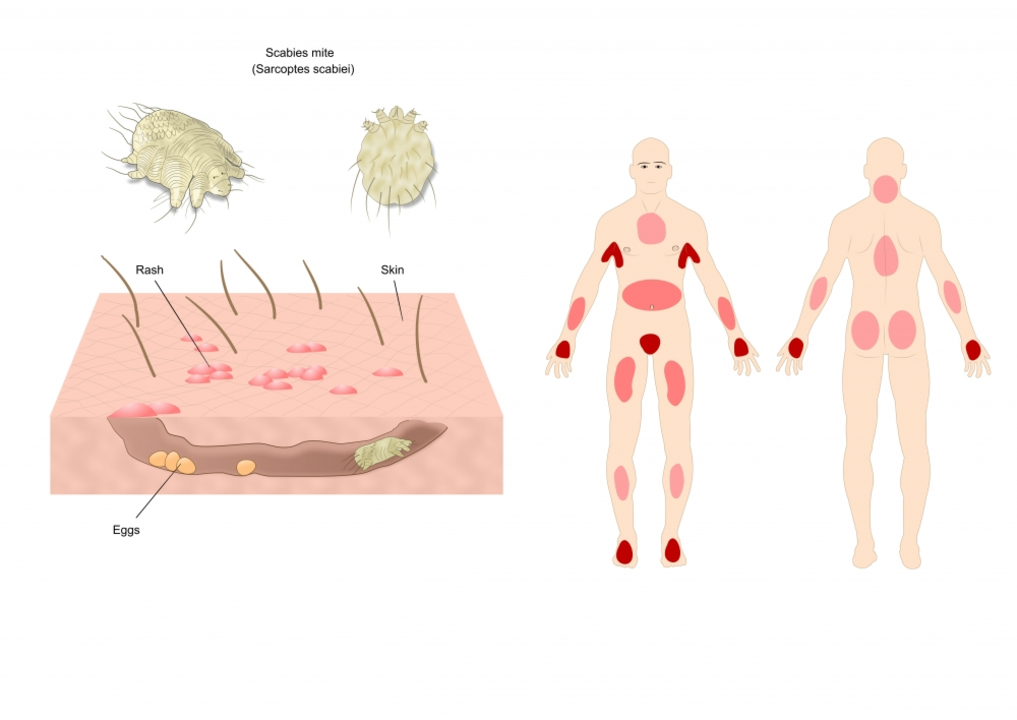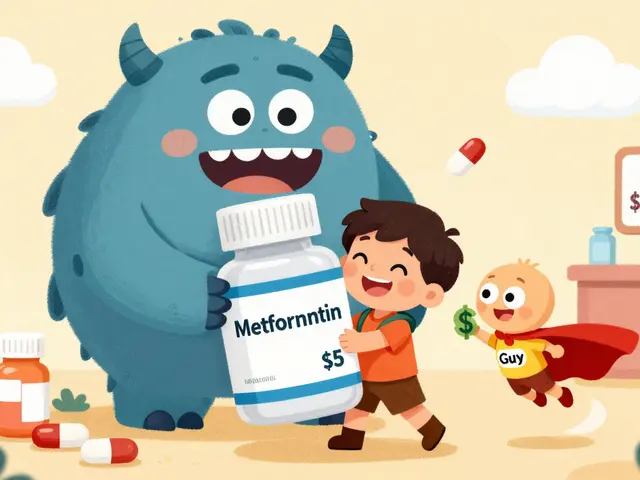Impact of Medications: How Drugs and Treatments Affect Your Health
Medications change more than symptoms — they shape daily life, lab results, and long-term risks. Want to know how a drug will affect you? Start by watching what matters: your symptoms, routine tests (like bloods or blood pressure), sleep, mood, and ability to do normal tasks. That tells you if a medicine is helping or causing harm.
How to judge a drug's impact
First, give any new medicine a fair trial but keep notes. Write down when you took it, what changed, and any side effects. Concrete markers help: did your blood pressure drop 10 points? Did your reflux improve two weeks after starting esomeprazole? Track numbers and daily life.
Second, look at labs and checks your doctor orders. Some drugs need liver tests or kidney checks; others require cholesterol or hormone panels. If your doctor orders tests, take them on schedule — they show hidden effects you might not feel yet.
Third, compare alternatives when side effects or risks become a problem. For high cholesterol, options include ezetimibe, PCSK9 inhibitors, or bempedoic acid if statins don’t work. For blood pressure, swapping an ACE inhibitor like benazepril for an ARB such as losartan can fix a cough or other side effects. If one antibiotic doesn’t work, your doctor may suggest ceftriaxone or another targeted option. Talk specifics with your clinician — every swap has trade-offs.
Buying meds online safely and practical tips
Buying online can be convenient, but safety matters. Use pharmacies that require a prescription, show a real address and phone number, and accept secure payment. Look for clear drug information, visible licensing, and honest prices. A pharmacy that hides its contact details or offers powerful prescription drugs without a prescription is a red flag.
Before ordering, confirm the drug name and active ingredient. Some sites sell brand names, others only active ingredients. Check pills against published images and read user instructions. If you’re ordering new or specialty meds — like Levlen, Quibron-T, or esomeprazole — call your prescriber first to confirm dose and brand.
Keep a single medication list. Share it with every provider and pharmacist so interactions don’t slip through the cracks. Use a free interaction checker (for example, Drugs.com) or ask your pharmacist if a new med will mix poorly with existing ones.
Finally, consider non-drug options when they help. Diet changes can ease colitis symptoms, herbs like bitter plants may aid digestion (but check safety), and therapy or lifestyle tweaks often reduce reliance on drugs. If a medicine improves a test but wrecks how you live, it might be time to try something else.
Medications can be life-changing. Track effects, talk to your doctor about alternatives, and buy only from trustworthy sources. That way you get benefit without unnecessary harm.





